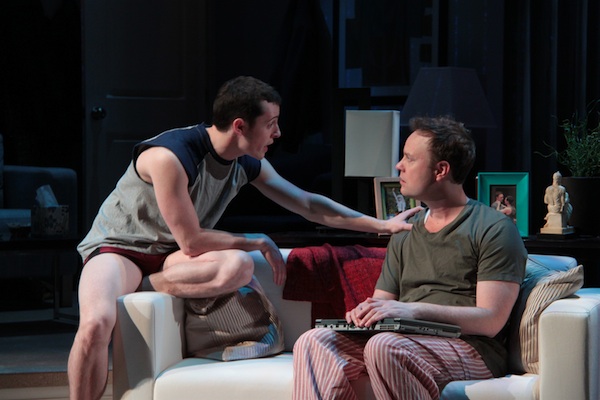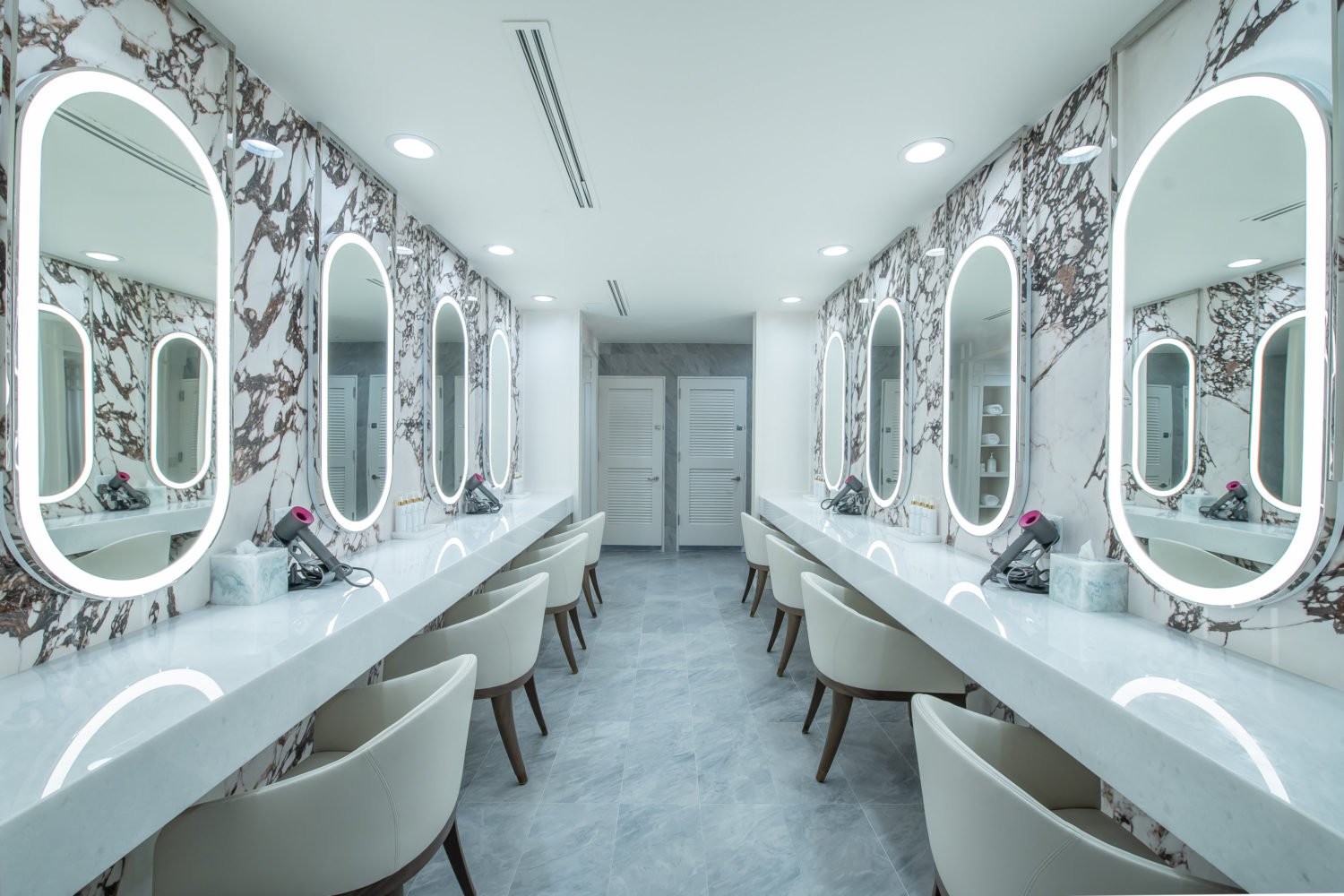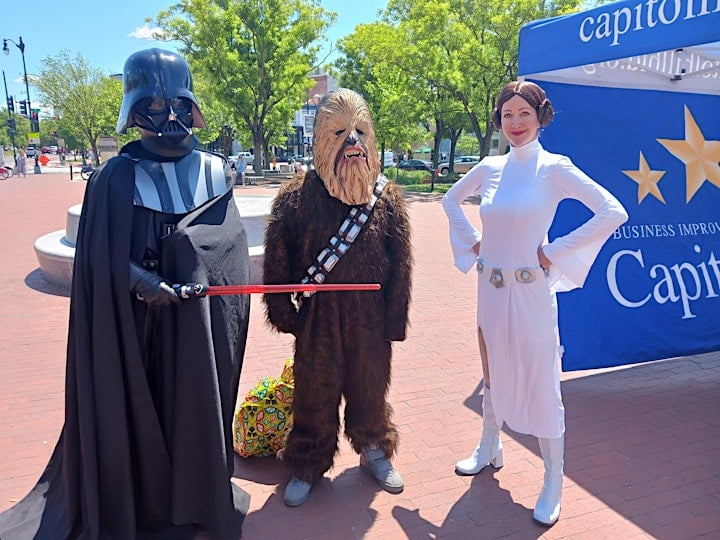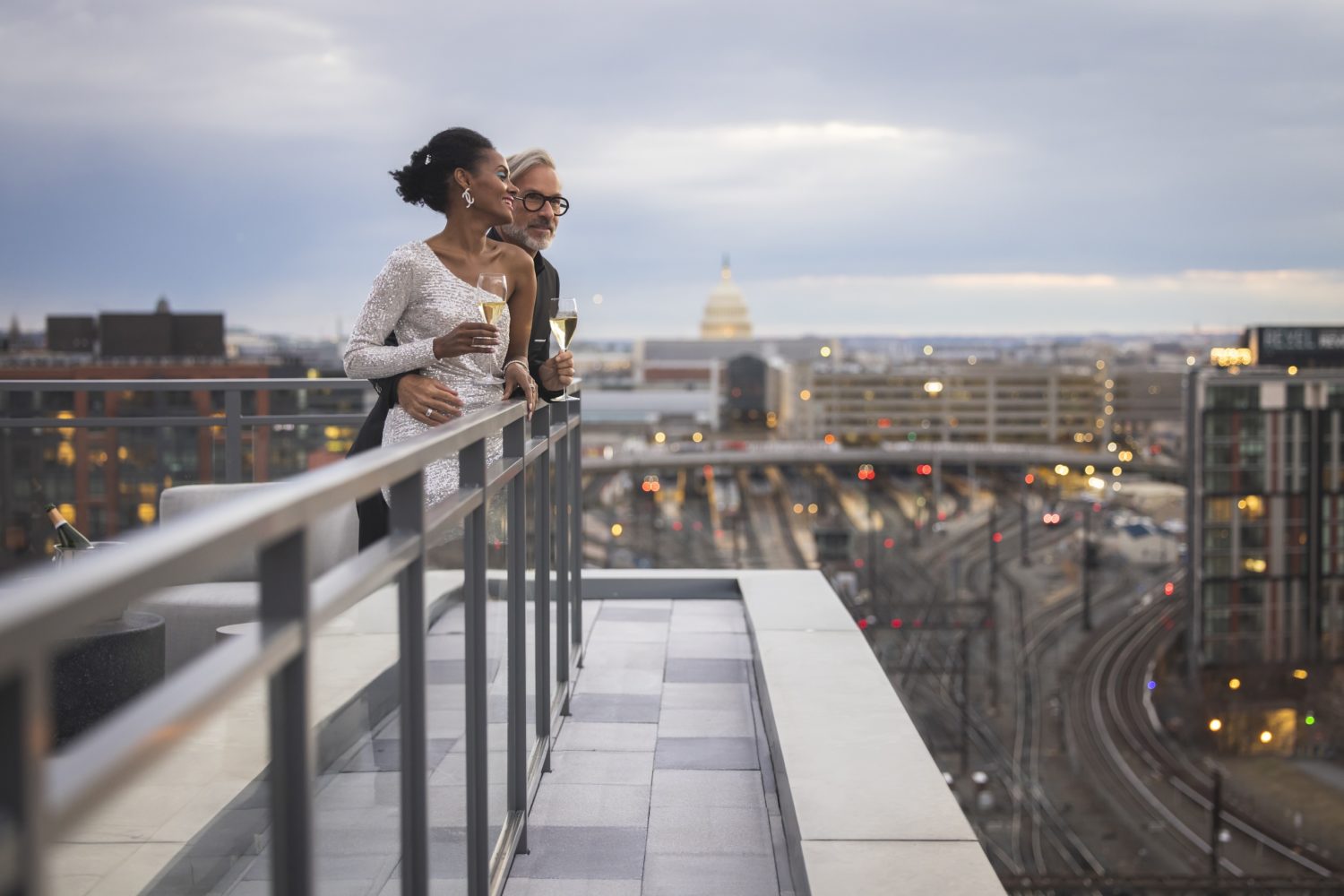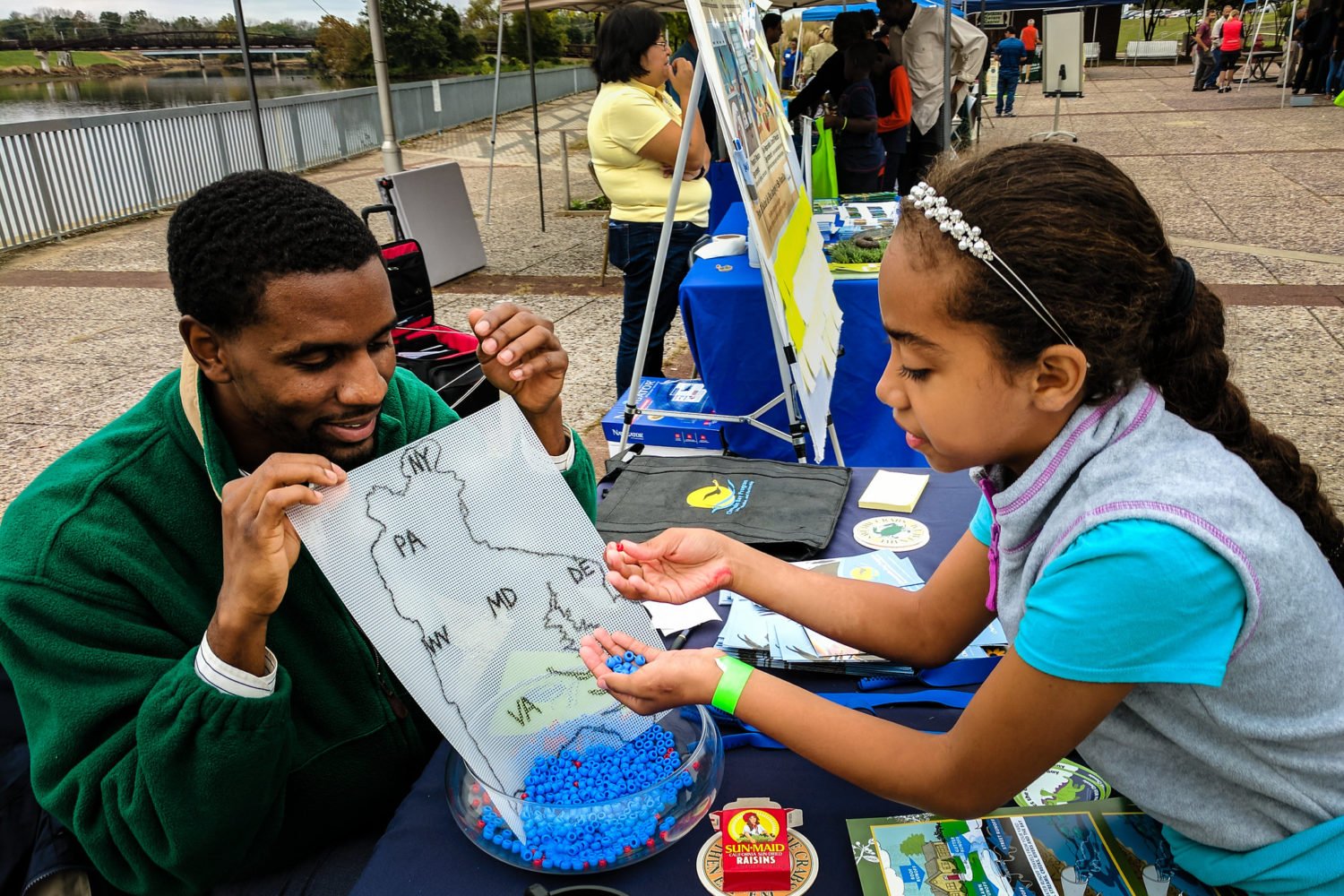Chris Dinolfo and Tom Story in Round House Theatre’s production of Next Fall. Photograph by Danisha Crosby.
![]()
In any new relationship, there inevitably comes a point when you discover something at least slightly disturbing about the person you’ve fallen for. This can range from the innocuous (bumblebee socks, slovenly habits, a preference for hazelnut coffee) to the outright creepy (My Little Pony collections, home torture chambers, a deep and enduring affection for Hall & Oates). In Geoffrey Nauffts’s Next Fall, currently playing at Round House Theatre, Adam (Tom Story) sits down for a morning-after breakfast with the new object of his affection, Luke (Chris Dinolfo), only to be confronted by the alarming fact that Luke is that most unconventional of New Yorkers: an evangelical Christian.
Of course, Luke is also gay, a juxtaposition that bemuses Adam and serves as the chief point of conflict for this thoughtful and engaging play. How, Nauffts seems to ask, if something is to fundamentally alien to the person you are inside, can you believe it so fervently anyway? In the similarly themed drama Bright New Boise, which ran at Woolly Mammoth last fall, the evangelical character of Will was a bitter, frustrated failure who longed for the Rapture to come and swallow up all his enemies. By contrast, Luke is a sweet, loving, loyal young man who simply happens to pray before meals and after sex (and insists his boyfriend hide when his father comes to visit).
Nauffts’s carefully structured play segues back and forth between the present, where Luke is in the hospital after being hit by an errant taxi, and the past, revealing through glimpses how his relationship with Adam evolved. We see how they first met, at a party hosted by Adam’s friend Holly (Dawn Ursula); the breakfast following their first date, in which Adam is alarmed to see Luke praying over his eggs; the apartment they move into together; and Adam’s accidental encounter with Luke’s gruff, overly masculine father, made all the more awkward by a misplaced endearment, a Capote book, and an oversize photograph of a pair of male buttocks. Throughout, Luke and Adam spar over religion, with Adam left utterly bemused by Luke’s unshakeable belief in the end of times (golden trumpets feature prominently), and frustrated at his stubborn refusal to come out to his parents.
Story is a funny, charismatic actor, and his portrayal of Adam cuts through the character’s rage and frustration to make him more of a cynic than an iconoclast. Instead, he gives Adam enough laconic charm to be believably appealing to someone like Luke, whose wide-eyed optimism belies a deep personal conflict. It’s when Luke is in the hospital, and the doctors decree that only family can see him, that Story’s range shines through: His silent wretchedness at being kept away from his common-law husband is powerful to watch. The characters of Luke’s mother, Arlene (Kathryn Kelley), and father, Butch (Kevin Cutts), are less convincing, but that’s possibly because Nauftts makes them so clichéd: The aptly named Butch is an exercise in heartland machismo—all swagger and gritted teeth and calling everyone “son”—while Arlene is a flaky, emotionally unstable scatterbrain. Both seem more upset by the uncomfortable presence of Adam in the hospital waiting room than by their son’s terrible accident.
Director Mark Ramont injects some reasonably hammy interludes into the show—including an echoey montage of previously uttered lines that should be forever consigned to a soap opera somewhere—but has otherwise created a sensitive, funny, and nuanced production. Dinolfo is engaging and sweet as Luke, with the right amount of blinkered conviction to make his character believable. And as Brandon, a closeted friend of Luke’s, Alexander Strain (who starred in the stellar My Name is Asher Lev at Round House a few years back) is excellent but underused, appearing mostly to proffer a bible or rebuke Adam for questioning Luke’s faith.
Daniel Conway’s set, a rotating collection of inexpensive furniture and hospital beds, is practical and efficient (even if the seemingly endless swiveling back and forth of sets really hammers home the point that the show’s chronology is changing, too). But what’s most effective about Next Fall is the way it quietly leads you to think about love, faith, prejudice, and other thorny subjects without hitting you around the head with them. While we might be free to choose our own lives, the play suggests, what’s tangled up inside us is much harder to make over.
Next Fall is at Round House Theatre through February 26. Tickets ($26 to $61) are available through Round House’s website.

